As the sun rises over the sprawling Foxconn factory in the United States, a new era of manufacturing is about to dawn. The Taiwan-based electronics giant, famous for assembling Apple's iPhones, is joining forces with Intrinsic, a cutting-edge AI and robotics company under the Alphabet umbrella, to deploy AI robots in its U.S. factories. This groundbreaking partnership marks a significant step towards revolutionizing the manufacturing landscape, and it's a move that could have far-reaching implications for the future of work.
Behind this innovative collaboration is Wendy Tan White, CEO of Intrinsic, who sees Foxconn's vast manufacturing expertise as the perfect complement to her company's AI prowess. "Foxconn has huge manufacturing expertise," she explains in an interview with Fortune. "They know which parts of the manufacturing process can be best improved through AI." Tan White's vision is to harness the power of AI to make industrial robots more flexible, adaptable, and efficient, enabling them to respond to new data, self-optimize, and adapt to changing production needs.
Intrinsic, a graduate of Alphabet's moonshot program, has been working on developing breakthrough technologies to transform the manufacturing sector. Founded in 2021, the company has been focused on making industrial robots easier and cheaper to use, with a particular emphasis on flexible manufacturing. Currently, industrial robots are designed to perform specific tasks, making it difficult and expensive to reprogram them for new tasks. This limitation has led to the continued reliance on human labor in many manufacturing settings.
The partnership between Foxconn and Intrinsic aims to change this paradigm. By deploying AI robots in Foxconn's U.S. factories, the companies hope to create a more agile and responsive manufacturing ecosystem. This will enable Foxconn to produce a wider range of products more efficiently, while also reducing labor costs and improving product quality.
The implications of this partnership extend far beyond the manufacturing sector. As AI robots become more prevalent in the workplace, there are concerns about job displacement and the future of work. However, Tan White argues that AI can augment human capabilities, freeing workers from repetitive and mundane tasks to focus on higher-value activities. "AI is not about replacing humans, but about augmenting their abilities," she emphasizes.
The partnership between Foxconn and Intrinsic is just the latest development in the rapidly evolving field of AI and robotics. As companies like Intrinsic continue to push the boundaries of what is possible, we can expect to see significant advancements in areas like flexible manufacturing, autonomous systems, and human-AI collaboration.
As the sun sets over the Foxconn factory, the stage is set for a new era of manufacturing, one that will be shaped by the convergence of AI, robotics, and human ingenuity. With the partnership between Foxconn and Intrinsic, we are witnessing the dawn of a new chapter in the history of work, one that will require us to rethink our assumptions about the future of employment, productivity, and innovation.
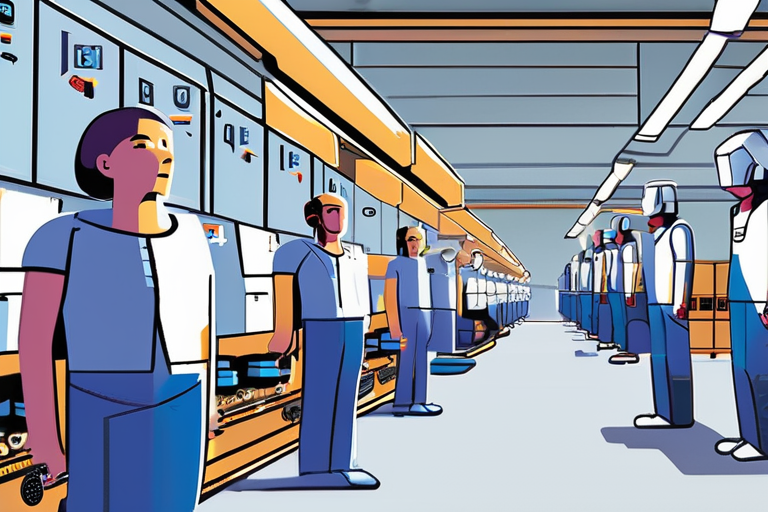

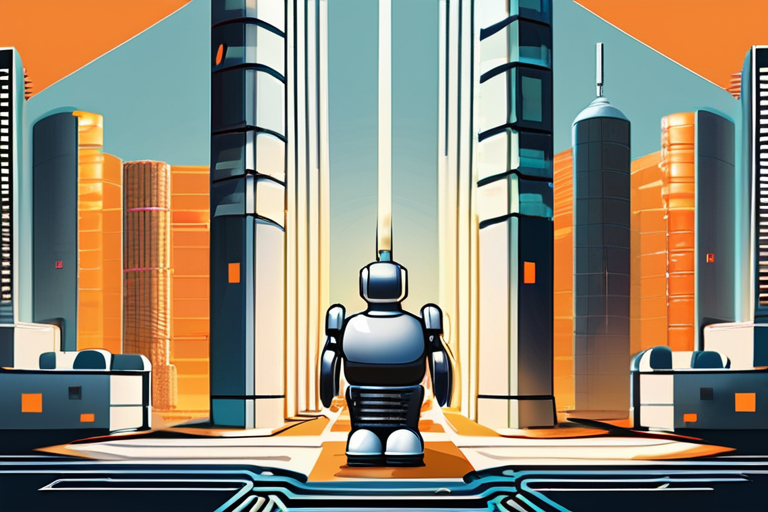
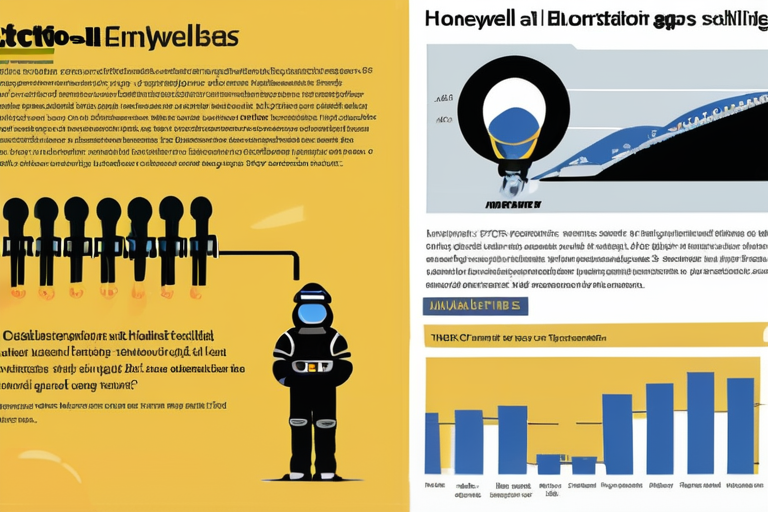
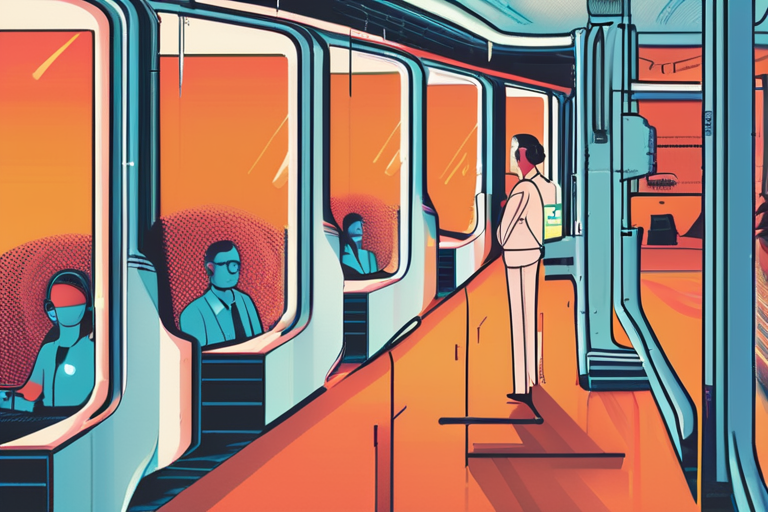
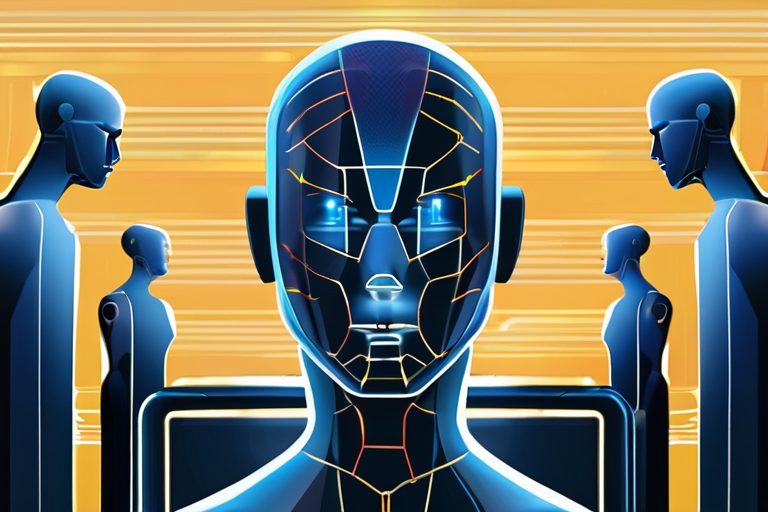
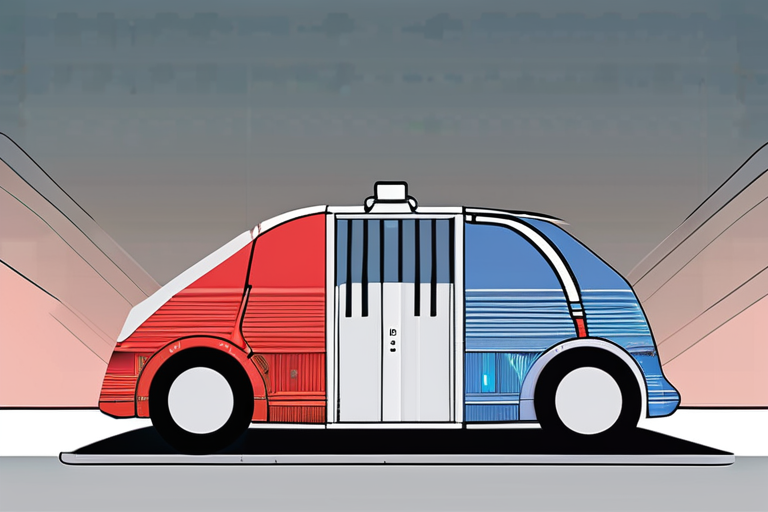
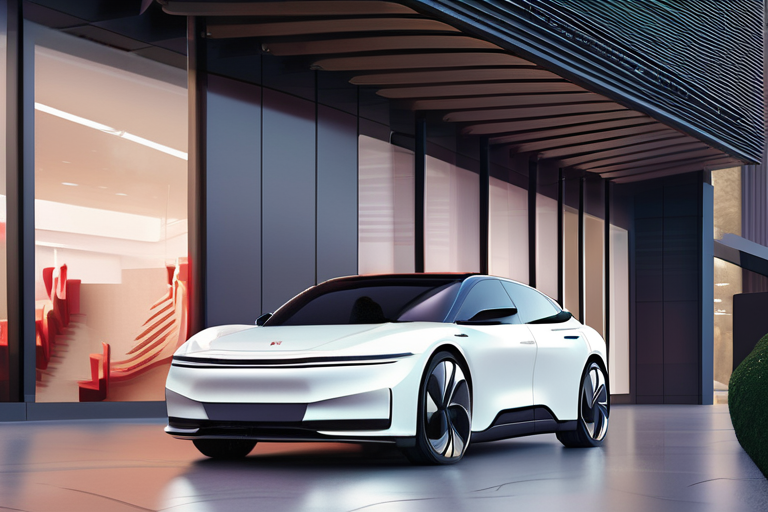
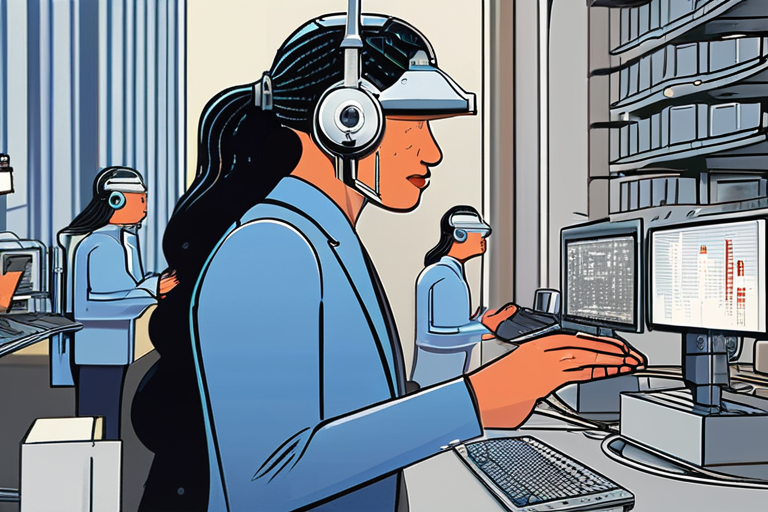
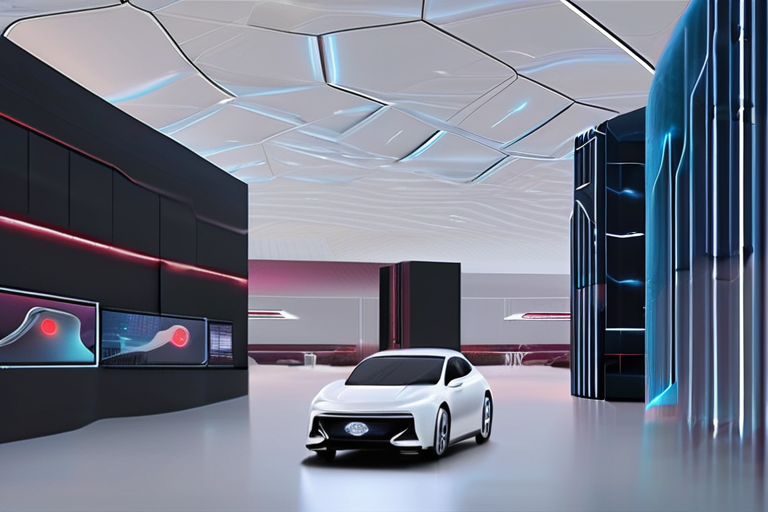

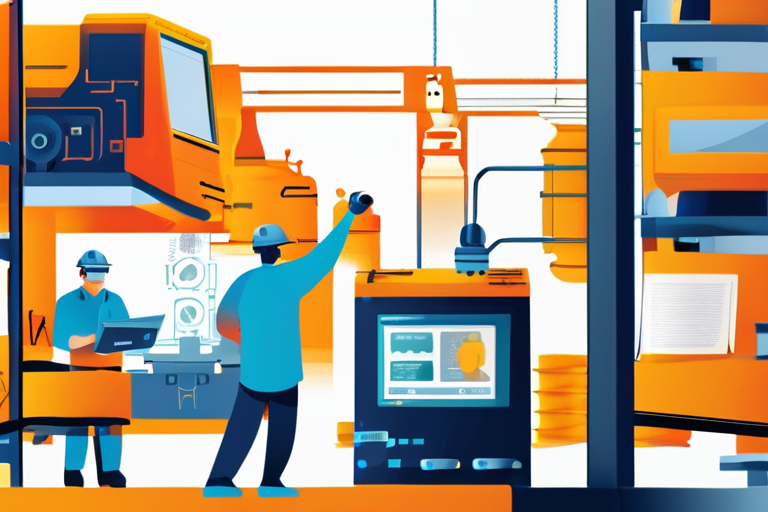
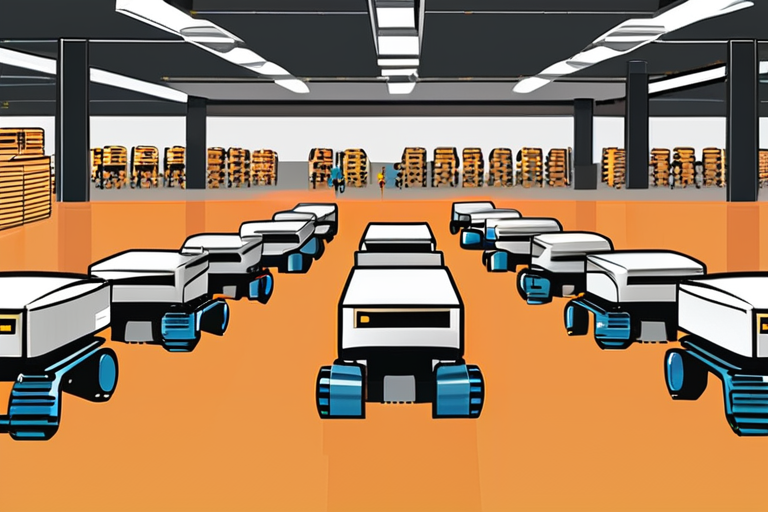
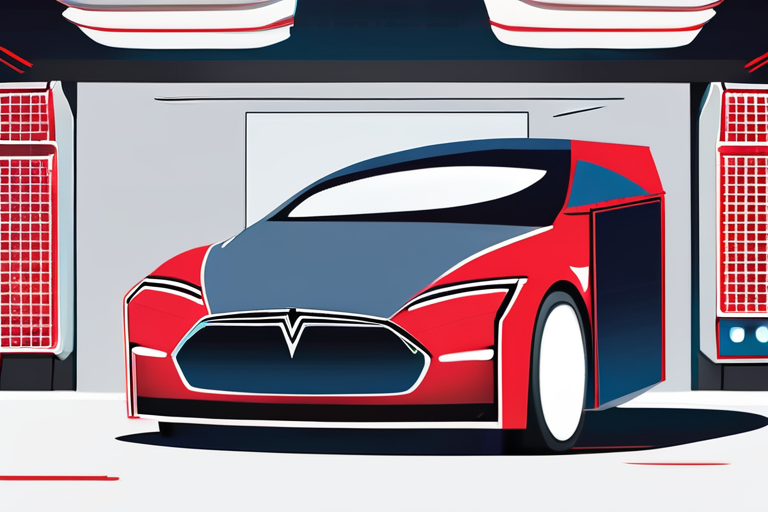
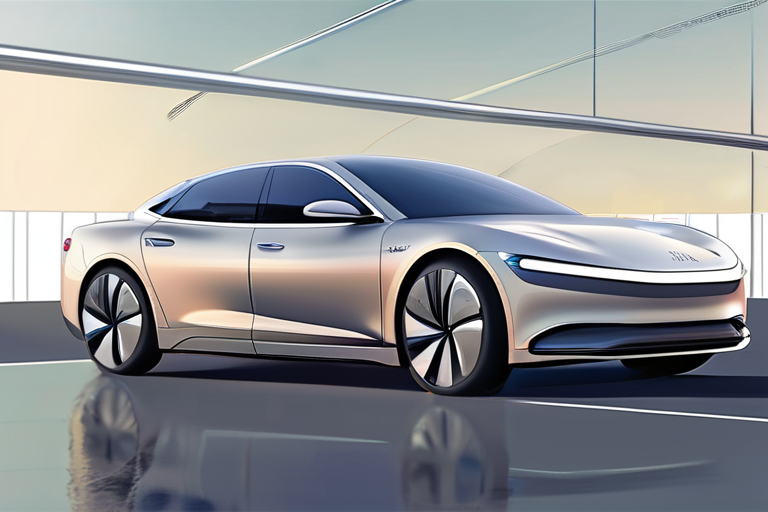

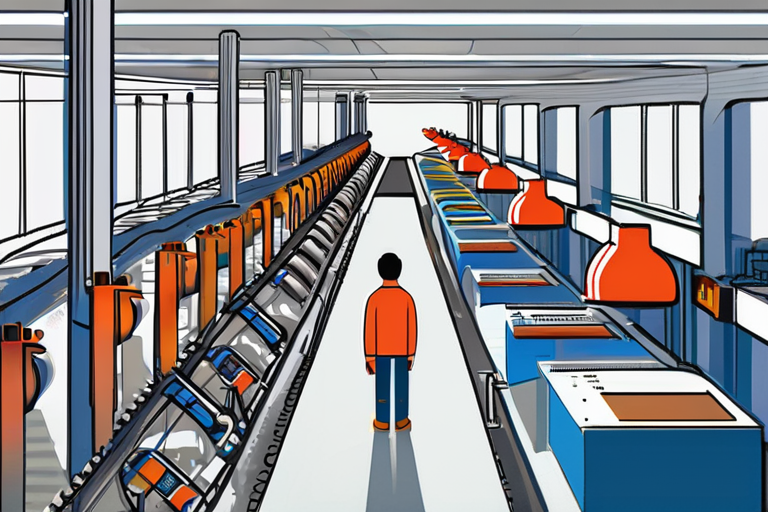
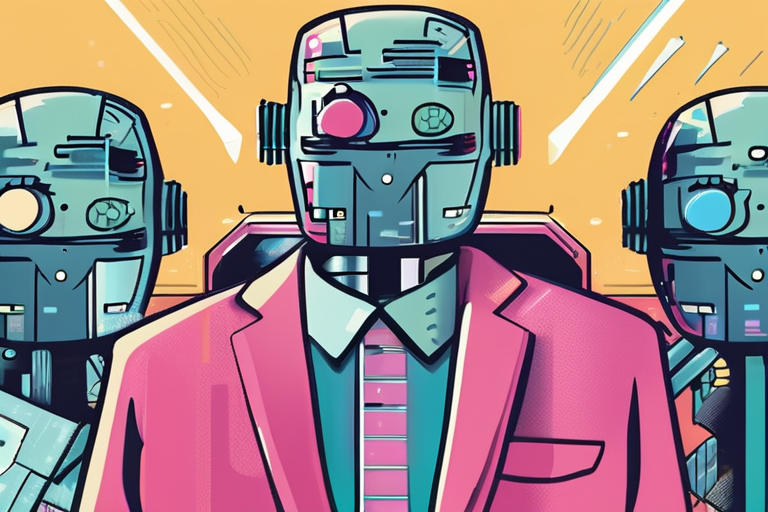
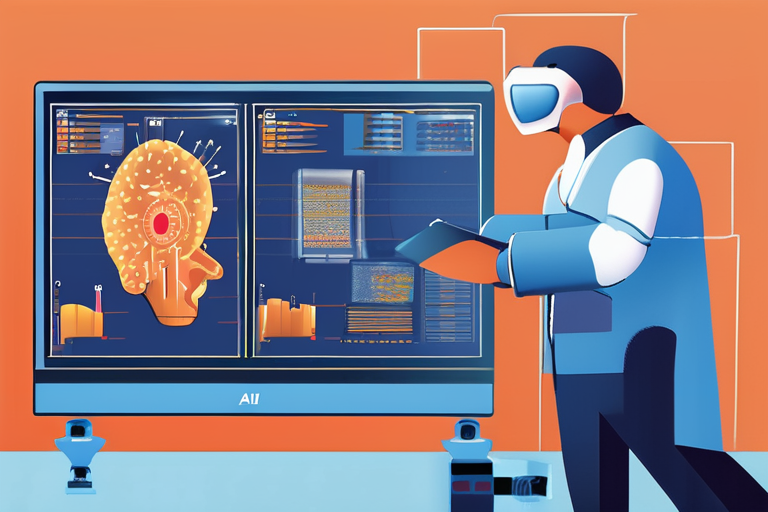
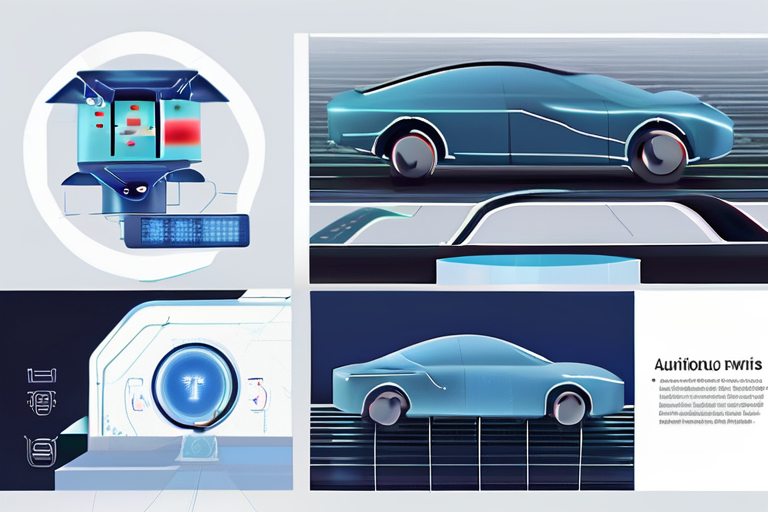
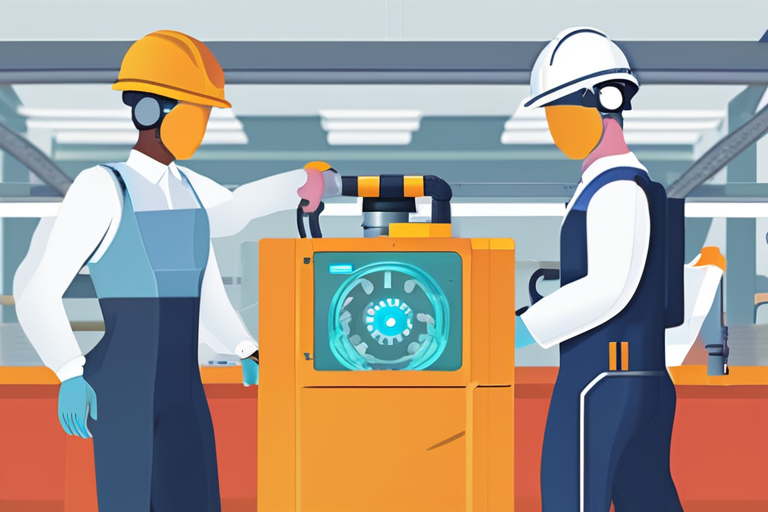
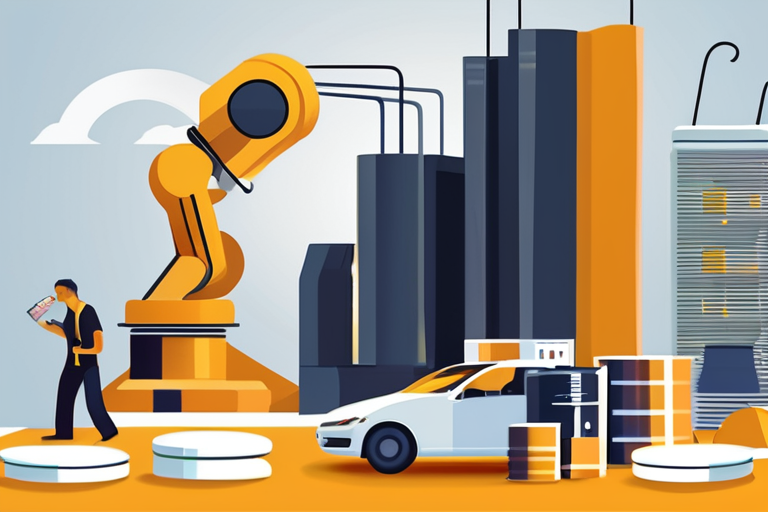

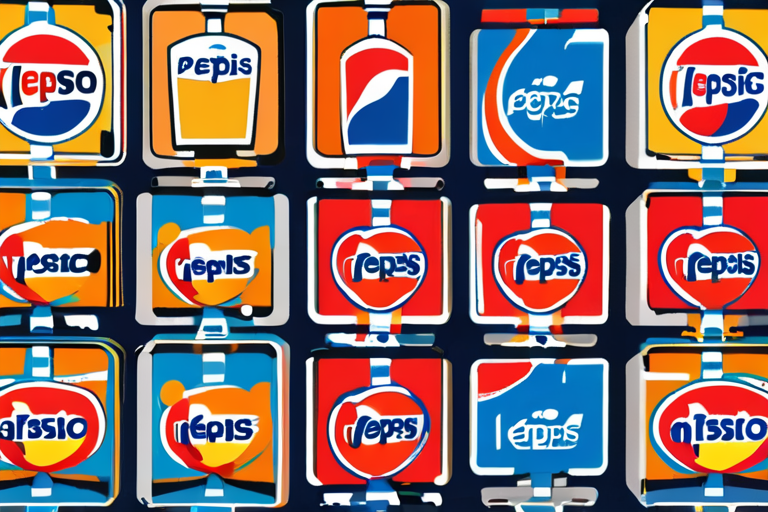

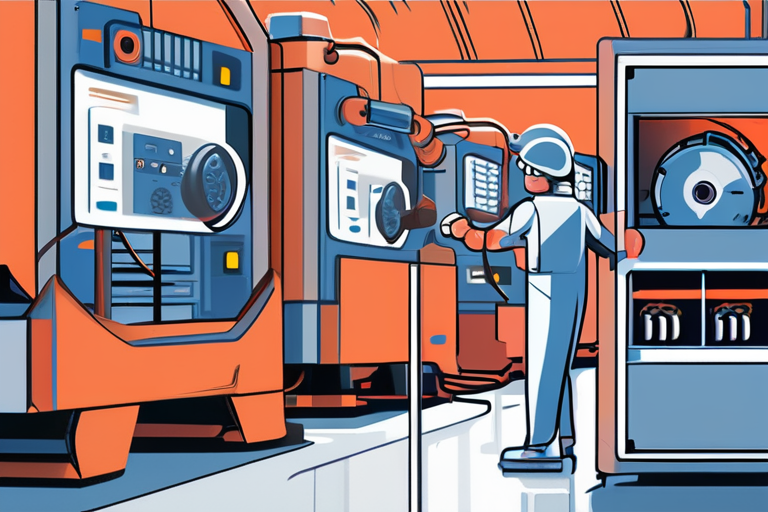
Share & Engage Share
Share this article